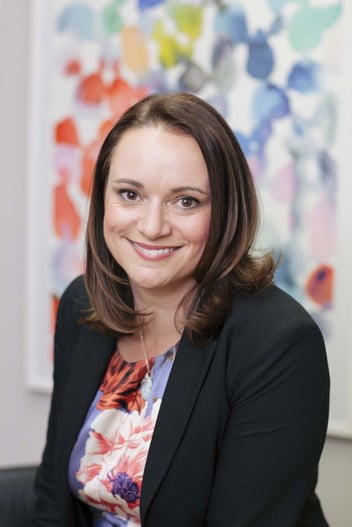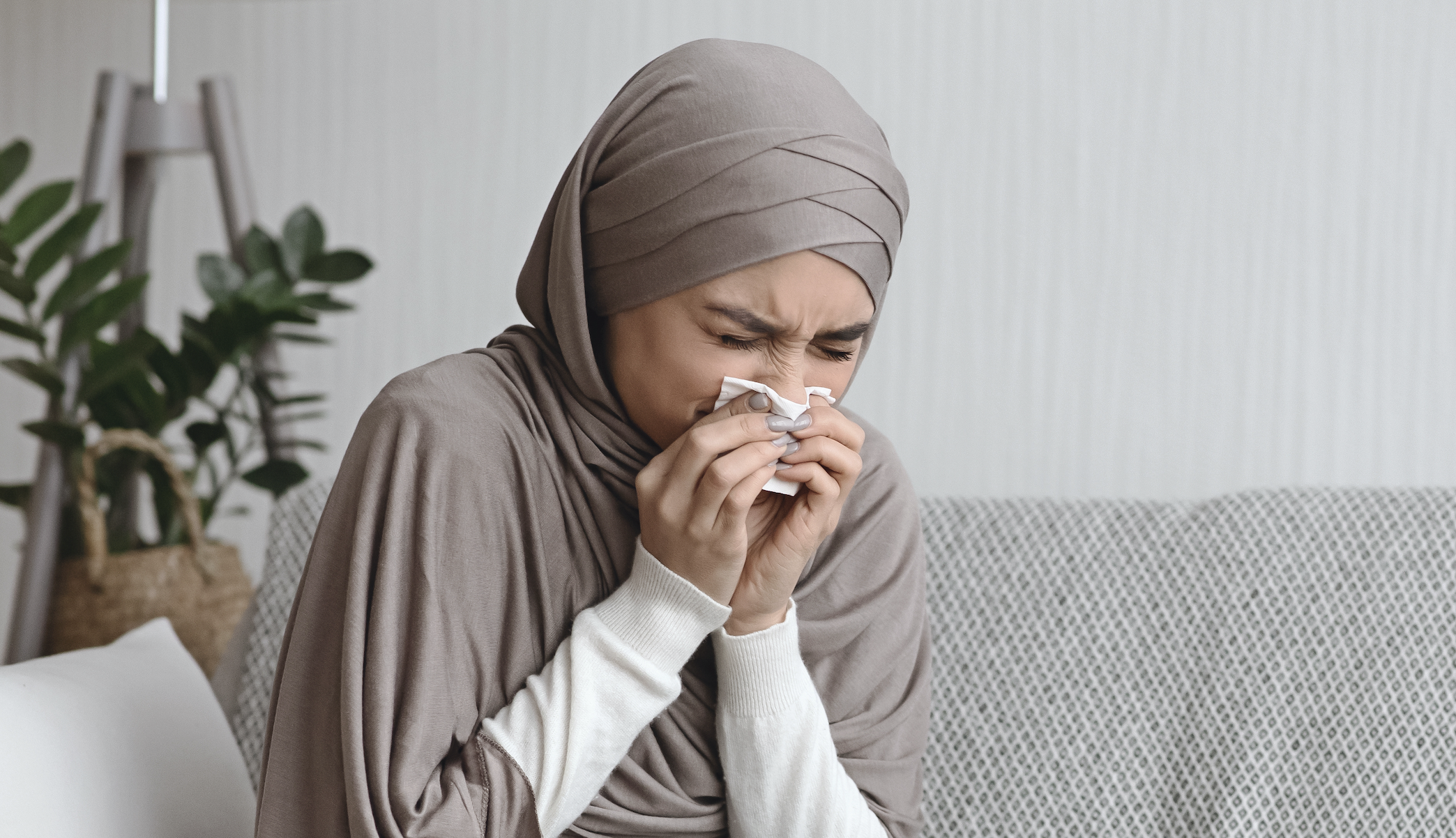Dr Patti Bastick on Effective Virtual Care for Cancer Patients

Dr Patti Bastick
Medical Oncologist, St George Oncology Associates
Coviu interviewed Dr Patti Bastick, a Medical Oncologist and Director at St George Oncology Associates and one of Coviu’s ‘Angel Investors’ about the effectiveness of virtual care in oncology.
Tell us a bit about your background generally. And what led you to St. George Oncology Associates?
St. George Oncology Associates was established due to a desire to have more control over my workplace. I started in private practice by joining an existing private practice with about seven other oncologists. And it quickly reached the point where we were over capacity. There were too many doctors, there weren't enough consult rooms, and there was no flexibility. Two of my colleagues, who were newly qualified were keen to join together to start our own practice. So we set up our own practice nine years ago, wanting to have more control over our time. We wanted the flexibility to run our own practice, choose our own computer set-up, and employ our own reception staff. I felt this was lacking when joining an existing practice.
We knew we could control our own destiny with our private practice. So it started off with three of us, all very similar ages, all with small children and similar lifestyles and family demands. Since then, we've had two more oncologists and a haematologist join us. So now we have six in our practice, and we all work part-time at the public hospital. So the private practice is a much smaller proportion of our time. We all do about one day a week in our private rooms.
That’s a great example of taking control of your fate! And how did you end up adopting virtual care?
A lot has happened in recent years. Telehealth didn’t really even exist in Oncology before COVID-19. I always liked the idea of it. But in oncology, the only people who had experience with Telehealth were those who worked in regional or rural areas where it was too hard to get an oncologist to the patient. So they would do telehealth from Sydney or Melbourne or somewhere central and run a clinic with a nurse helping at the other end.
Once the pandemic hit, we had to quickly transition to predominantly phone consultations for months, as we found the public hospital system was slow to change and was very resistant to picking video up at first. By the time we were on board with any suitable video conferencing, it was at least 6 months into the pandemic. We were using a cheap version that the hospital agreed to pay for, which didn’t work very well and had endless connection issues.
Finally, I met with one of the telehealth trainers who had been employed by St George Hospital to try and set up telehealth and she was actually an ex-Coviu employee. She had wished the public hospital had implemented Coviu, as it’s so much easier to work with.
So how did you find video consultations once you were using them?
In cancer treatment, our patients’ condition may change quickly and we had been finding quite a few patients who had three or four phone consults in a row, only to come back in person three months later with terrible toxicities. These were symptoms they hadn't reported by phone.
At least with a video conference, we can see the patient to get a better idea of how they are looking. For example, patients can show us hands and feet to assess hand-foot syndrome, and they can at least pull their tops up and show us something. And that helped a lot.
Also the rapport you get through having a video going versus over the phone is significantly better.
So when did your practice choose Coviu’s platform?
In our practice, we use a Medical Records software called Gentu, which is the cloud-based version of Genie. It has a button you can press within a console that allows you to start video. It’s very basic, just a ‘click to start via a video link’ kind of thing. But it was pretty finicky. You had to type in a phone number and all it would do was a very basic kind of webcam. It wasn't very helpful. So I wanted a different solution.
In addition to this, I had invested money into Coviu through an Angel investing group and was keen to try it. During COVID there were a lot of chats on doctors' Facebook pages about who was using what telehealth platform and how everyone was dealing with COVID. When Coviu was recommended a few times, I decided to join up for a free trial and when that went well I thought yes, let's try it.
So why did you choose Coviu?
I had heard a lot of positive things about Coviu in the healthcare profession. It was a big plus that it was designed for healthcare. We were advised that Zoom did not meet healthcare privacy standards and although we were allowed to use Teams, it wasn’t suitable for many of our patients. There were lots of issues around privacy and healthcare. Coviu solved that for us.
So I'm really curious to know how virtual care works in cancer treatment. Where do you bring in virtual care versus in-person consultations?
It's been mixed, depending on each case and circumstance. I have used it for both new patients, and reviews of existing patients.
A cancer diagnosis is usually done by the surgeon. Oncologists are not often giving the cancer diagnosis. Most of our patients come to us after they've had an operation or a biopsy, and they're sent to us by a surgeon or occasionally a GP. So we're not often having to give the actual diagnostic information. We might be giving the staging information, but we're not often giving that upfront diagnosis.
There are situations where telehealth just makes more sense. For example, telehealth is really practical for say, young guys, who just need a five-minute testicular cancer follow-up. Rather than take a half day off work they can just log in and receive the interpretation of their results.
So how effective do you think virtual care has been compared to in-person care?
I find the results across the board reasonably equivalent. There are certain people that really like it and they are keen to continue with telehealth. Whereas for others I need to explain the effectiveness of virtual care first to make sure they are comfortable. We only use telehealth where it is clinically appropriate.
And what features do you use the most?
Well, we use the waiting room and I do a lot of screen-sharing. I show a lot of results to patients. I like to have the blood results on the screen while I am talking. I'll show them the pictures of their scans. It’s also terrific to know that there are a number of clinical features we can choose from if we ever want to scale our approach with Coviu.
So what’s got you hooked on telehealth in the long run?
For me, it’s about flexibility and work/life balance, despite our offices based in NSW, I’m able to spend more time in Tassie where my family are from. And the practice is also able to see more patients and treat them effectively. It’s more convenient for everyone. Virtual care means I can be in Tassie and still run a clinic. That's awesome, isn't it?
About Dr Patti Bastick
MBBS (Hons), BMedSci, MAICD, GradCertClinEpi, FRACP
Dr Patti Bastick is a Medical Oncologist with a special interest in the treatment of patients with breast and genitourinary cancers, including testis, prostate, bladder and kidney cancers. She is a senior staff specialist at St George and Sutherland Hospitals in Sydney, and the Medical Director of Cancer Care Partner, Cancer Care Foundation and St George Oncology Associates. She was awarded a fellowship of the Royal Australasian College of Physicians in 2008, having completed her undergraduate training at the University of Tasmania in 1999. She is heavily involved in clinical trials having worked as an investigator for over 60 international phase I, II and phase III trials over the past 15 years and is integral in establishing the new private trials centre at Southside Cancer Care Centre. Patti is passionate about patient advocacy and sits on the medical advisory board for BEAT Bladder Cancer Australia. She is currently supervisor of advanced training in Medical Oncology and has always been involved in training and education of junior doctors. She is the deputy chair of the Germ Cell Subcommittee for ANZUP.
In addition to her work at St George Oncology associates, Patti provides inpatient care at St George Private, St George Public and Sutherland Hospitals, and consults at Southside Cancer Care Centre in Miranda. Away from work she is a mum to four teenagers and enjoys spending time in Hobart.
Don't just take it from us! Read more clinical evidence on the effectiveness of virtual care for the treatment of cancer here.




